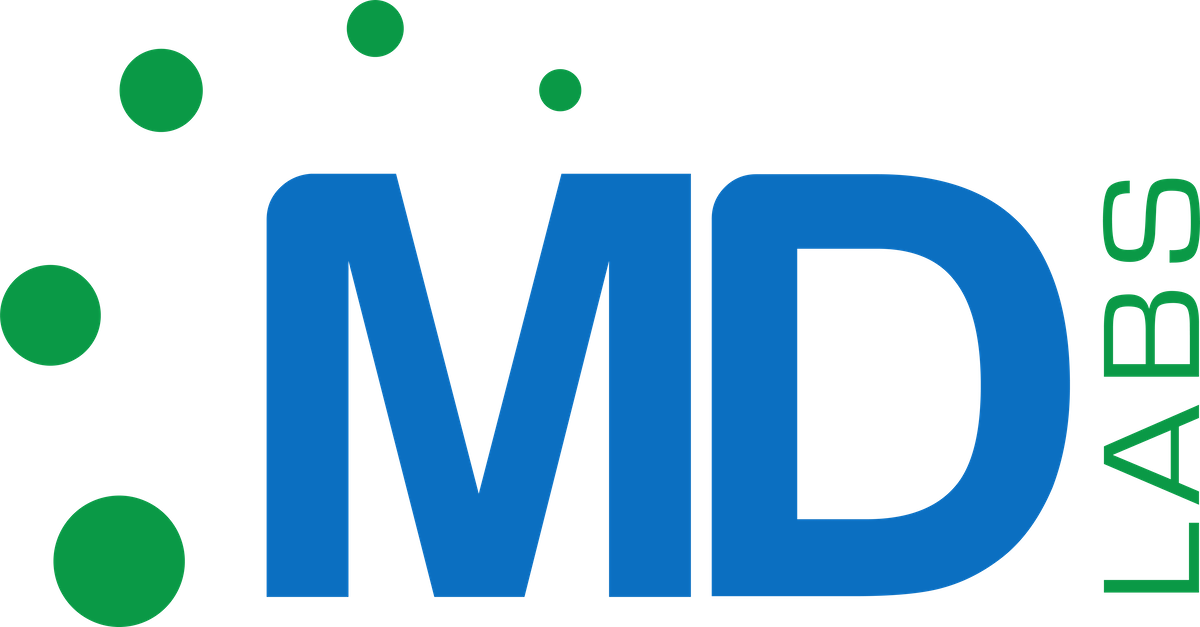National Stress Awareness Day: Understanding the Impact of Stress and Promoting Self-Care
National Stress Awareness Day, observed on the first workday after National Tax Day, serves as a reminder of the importance of addressing stress and its potential effects on our health. Stress, if left unmanaged, can contribute to various physical and mental health issues. On this day, we aim to raise awareness about the impact of stress and promote self-care methods to help manage it. In this blog, we will discuss the health effects of stress, the role of personalized medicine in stress management, and self-care tips to support your well-being.
The Health Effects of Stress
Physical health issues
Chronic stress can contribute to a range of physical health problems, including cardiovascular disease, obesity, gastrointestinal issues, and a weakened immune system.
Mental health challenges
Stress can also negatively impact mental health, leading to conditions such as anxiety, depression, and sleep disturbances.
Impact on overall well-being
Prolonged stress can diminish overall well-being, affecting relationships, work performance, and overall quality of life.
Reducing Stress in Mental Health Treatment: Making the Case for Pharmacogenomics in the Management of Mental Health Conditions
Personalized treatment plans
By analyzing a patient's genetic profile, pharmacogenomics can help predict how an individual will respond to specific medications. This information allows healthcare providers to prescribe the most effective medication and dosage for a patient's unique needs, potentially reducing side effects and improving treatment outcomes.
Reduced trial-and-error
In conventional mental health treatment, patients often undergo a trial-and-error process to find the right medication and dosage, which can take weeks or even months. Pharmacogenomics has the potential to reduce this trial-and-error period by identifying the most suitable medications for a patient based on their genetic information. This can lead to faster relief from symptoms and a shorter path to recovery.
Improved medication adherence
Stressful side effects from medications can pose a major challenge to treatment adherence among mental health patients. By forecasting a patient's response to specific medications and fine-tuning dosages accordingly, pharmacogenomics has the potential to reduce side effects, thereby enhancing overall medication compliance and fostering improved treatment outcomes.
Cost-effective care
Although pharmacogenomic testing may have an upfront cost, it can lead to long-term cost savings by reducing the need for multiple medication trials, unnecessary hospitalizations, and emergency room visits related to adverse drug reactions or ineffective treatments.
Enhanced understanding of mental health conditions
As researchers continue to study the relationship between genetics and mental health conditions, pharmacogenomics can contribute to a better understanding of these complex disorders. This knowledge may eventually lead to the development of more targeted and effective treatments, improving the quality of care for mental health patients.
Self-Care Tips for Managing Stress
Regular exercise
Engaging in regular physical activity can help alleviate stress by releasing endorphins, improving mood, and promoting relaxation.
Mindfulness practices
Incorporating mindfulness techniques, such as meditation, deep breathing, or yoga, can help reduce stress by promoting relaxation and self-awareness.
Healthy sleep habits
Prioritizing sleep and maintaining a consistent sleep schedule can help manage stress and support overall well-being.
Social support
Connecting with friends, family, or support groups can help alleviate stress by providing emotional support and fostering a sense of belonging.
Professional help
If stress becomes overwhelming or persistent, seeking professional help from a healthcare provider, therapist, or counselor can provide additional support and guidance.
National Stress Awareness Day serves as an opportunity to recognize the impact of stress on our health and well-being, and to take proactive steps to manage it effectively. By understanding the individual factors that influence our response to stress and incorporating personalized medicine solutions, we can develop targeted stress management strategies. As we observe National Stress Awareness Day, let us commit to practicing self-care and seeking support when needed, for a healthier, more balanced life.
